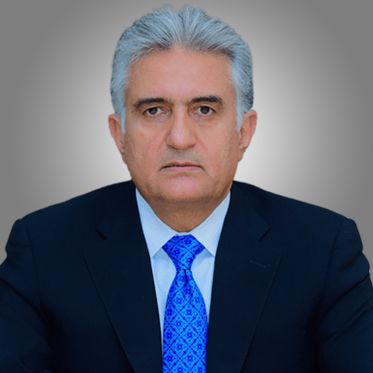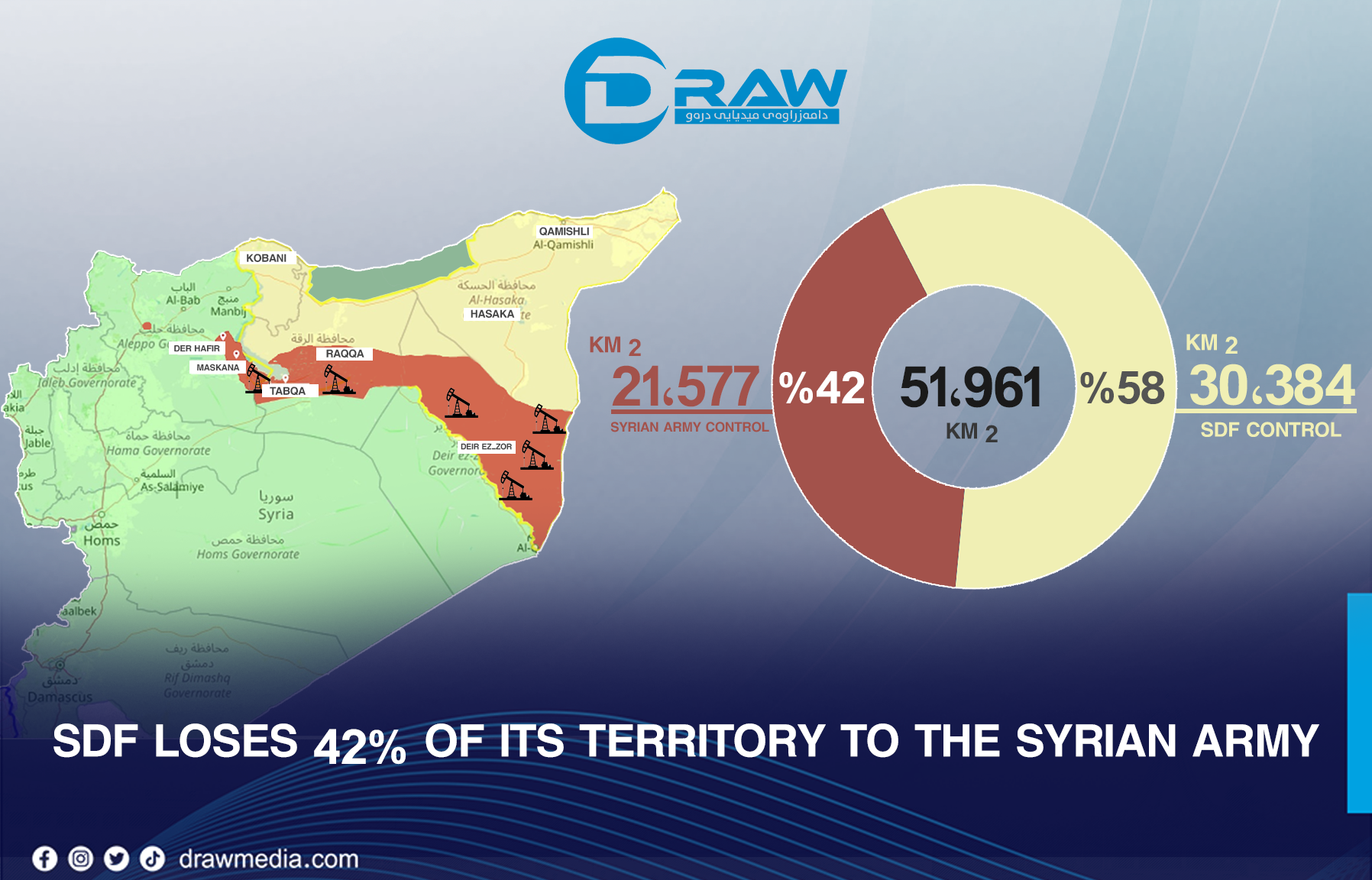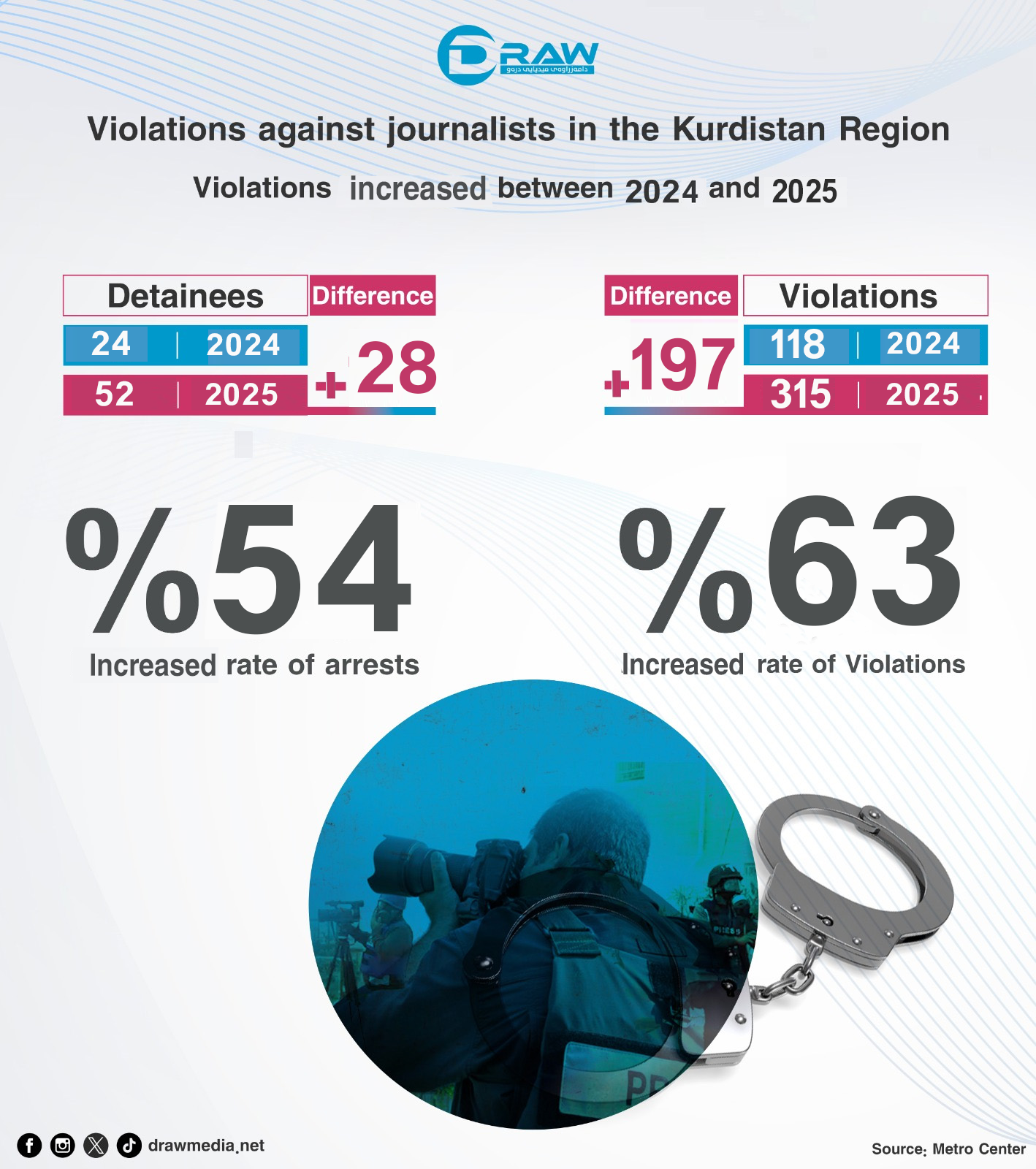Iraq’s crisis is an opportunity for change

2022-03-24 09:54:28
Reber Ahmed*
The constitutional dues in Iraq have reached the point of electing a new president of the republic, after the political and social actors have embarked on a reform path that was not easy, since the start of the largest protest movement in the country, holding the early elections, and the meeting of the House of Representatives.
We are in a new Iraqi era. We heard the voice of our people who want a regime on the level of Iraq, the historical majesty of their peoples and cultures, and their role in the region and the world, in a moment of great testing for leaders who love their land, urging them to do more to establish sovereignty and strengthen independence in front of allies and opponents.
The station we are heading to is part of a moment of change that calls for a national response to roles in politics and administration, that rise to the requirements of change, that require loyalty to the state and guarantee its higher interests, and engage in an unprecedented reform process, whose impact will not be limited to national affairs; Rather, the region and the international crises surrounding it.
Since the President of the Republic is the protector of the Constitution, and it is his responsibility to preserve Iraq’s independence, sovereignty, unity, and territorial integrity, the reform path that is now imposing itself on everyone, calls for this position to take the real role that the Constitution assigned to it, to protect the state and its institutions from any threat.
The modern Iraq crisis itself is an unconventional opportunity for success. It's a coincidence that only a country like Iraq has as many resources and diversity as its tough challenges. Here comes the importance of the President's pioneering role in exploiting this opportunity, so that it will ultimately return to the interest of Iraq and the Iraqis.
It is necessary to emphasize solidarity and cooperation between Baghdad and Erbil, to complement each other in addressing all challenges, and to reach fruitful results in the interest of the country.
According to our experience, and despite the outstanding crises between the Kurdistan Region and the federal government, the Iraqis witnessed great results when the two parties worked together, as in cases of solidarity in major security issues, defeating ISIS, liberating Iraq from the clutches of terrorism, the issue of displacement, effective diplomatic efforts, and reviving Ambitious strategic projects in industry and agriculture, from the mountains of Erbil to the coast of Basra.
Since the founding of their modern state nearly a hundred years ago, Iraqis have fought ideological, ethnic and sectarian struggles, in the midst of which political movements and trends emerged, the activity and impact of which resulted in conflicting projects that delayed access to a contemporary political model that protects the status of the country. Here emerges the importance of a strong and vibrant civil society, which remains an important asset for a viable and developing state.
The course of events around us tells us a new historical lesson. The tension and conflict in a region we assume is isolated, will have a wide impact on all the globe, and Iraq cannot retreat from its civilized role by remaining turbulent, unable to engage in accelerating transformations and to be a global station for formulating interests, solutions and opportunities.
At this promising moment, the position of the President of the Republic can only be viewed as an effective tool in integrating roles, which requires wise power and treatment for many of the restrictions and problems that have entangled the position for a long time.
In 2007, as I was completing my studies in Baghdad, at the height of the violence in the country, I had the honor to speak on behalf of my fellow graduate students of strategic planning at the National Defense College there, of the dream of developing a concept of politics; Where the human being and his advancement are the main focus of the efforts of leaders.
Dreams stumble and are reborn in the great moments of people, and when there is sufficient inspiration, they can awaken the elements of good in individuals and groups. The path of national reform has one of these moments.
*Reber Ahmed, Kurdistan Region Minister of Interior since 2019, and a candidate of the Iraqi presidency, nominated by the “Saving the Homeland Alliance,” the largest bloc in the Iraqi parliament, consisting of the Sadrist Movement, Al-Siyada Alliance, and the Kurdistan Democratic Party (KDP).




.jpg)



.jpg)